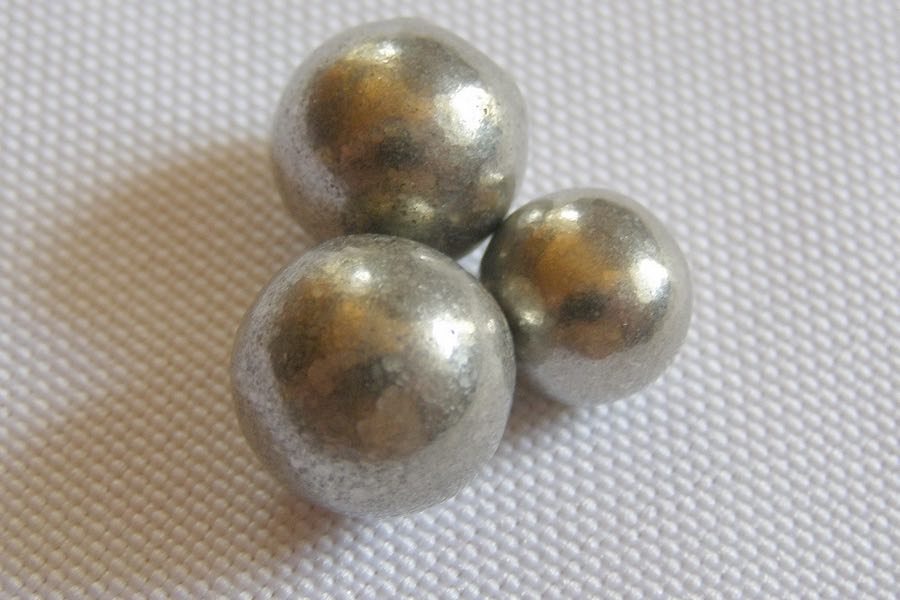Researchers say they’ve found an efficient and cost-effective solution that could drastically improve zinc-air batteries, an energy storage option that’s clean and safe but, until now, has been hampered by performance issues.
The race to find high-density, cost-effective and environmentally friendly batteries is a major hurdle for the realisation of an electrified world, because most renewable energy sources, being intermittent, require good energy storage solutions.
Rechargeable zinc-air batteries are powered by oxidising zinc with oxygen from the air. They’re considered a possible candidate for next-generation power storage because, in theory, they could have ultra-high energy density. Not only that, but they can be recycled, safely disposed of and recharged with new zinc.
Breaking down barriers to scaling the technology
Zinc-air batteries are already used in hearing aids and in some electric vehicles, but current examples tend to be hampered by slow electrochemical reactions, a major barrier to scaling the technology.
The problem lies in a pair of reactions, called oxygen evolution reaction (OER) and oxygen reduction reaction (ORR), that occur at the air cathode during charging and discharging of the battery.
“The redox kinetics for ORR and OER are highly sluggish and render severe polarization, decreased energy efficiency, and limited cycling lifespan of practical rechargeable zinc–air batteries,” says study author Bo-Quan Li, associate professor at the Beijing Institute of Technology.
To solve the problem, Li and co-authors looked at two families of metals, the noble metals and transition metals (nickel, cobalt, manganese and iron), both of which can catalyse ORR and OER reactions by accelerating the transfer of electrons between the electrode and the reactants.
“Noble-metal-based electrocatalysts demonstrate state-of-the-art electrocatalytic activity and serve as widely accepted benchmarks,” Li says. “But the high cost, earth scarcity, and poor durability hinder their large-scale practical applications.”
Transition metals offer hope
Transition metals, on the other hand, include relatively abundant and low-cost metals like iron (Fe) and and nickel (Ni). The researchers combined these two transition metals and embedded the composite over a substrate; iron boosted the ORR reaction, while nickel successfully boosted the OER reaction.
“A single type of active site can hardly promote both ORR and OER kinetics simultaneously to provide outstanding bifunctional electrocatalytic activity,” says Li.
“Composing different active sites with respective electrocatalytic activity has been verified as an effective strategy to realize multi-functionality.”
In fact, their electrocatalyst performed better than previously demonstrated noble-metal-based versions.
“The composite electrocatalyst demonstrated outstanding bifunctional electrocatalytic activity that surpasses the noble-metal-based electrocatalyst and most of the reported bifunctional electrocatalysts based on analogous active sites,” says Li.
It’s a win-win: not only would an Iron-Nickel catalyst achieve a high power density and a long lifespan, iron and nickel are both abundant and cost-effective, providing power storage without damaging the planet or pushing battery prices up above feasibility.
The race to provide an effective zinc-air system for energy storage is hotting up. Other researchers have approached the zinc-air performance problem by introducing a photoactive catalyst to speed up the reactions. US company Zinc8 has been producing a rechargeable zinc-air hybrid flow battery since 2020.










